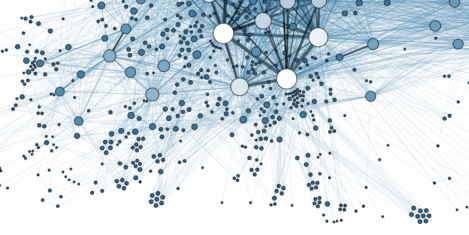January 17, 2017
The truth about artificial intelligence and the hype of job losses 0
 Much of the current focus of the debate about the impact of artificial intelligence has been on how the ‘rise of the robots’ will spend the end for many job roles. Yet that mischaracterises the true effects according to a new report from Infosys, released today, to coincide with the World Economic Forum in Davos. The report, Amplifying Human Potential: Towards Purposeful Artificial Intelligence, concludes that the implementation of AI doesn’t necessarily mean job losses. In fact, 80 percent of businesses adopting AI which have replaced, or plan to replace, workers with technology, will be far more likely to retain, retrain and upskill those employees impacted. The study also claims that the adoption of AI will mean a number of other important benefits for organisations including a predicted 39 percent revenue rise by 2020 as a result of the implementation.
Much of the current focus of the debate about the impact of artificial intelligence has been on how the ‘rise of the robots’ will spend the end for many job roles. Yet that mischaracterises the true effects according to a new report from Infosys, released today, to coincide with the World Economic Forum in Davos. The report, Amplifying Human Potential: Towards Purposeful Artificial Intelligence, concludes that the implementation of AI doesn’t necessarily mean job losses. In fact, 80 percent of businesses adopting AI which have replaced, or plan to replace, workers with technology, will be far more likely to retain, retrain and upskill those employees impacted. The study also claims that the adoption of AI will mean a number of other important benefits for organisations including a predicted 39 percent revenue rise by 2020 as a result of the implementation.
































January 17, 2017
The very idea of a universal workplace is seriously flawed 0
by Kyle Pinto • Comment, Flexible working, Technology, Workplace design
(more…)